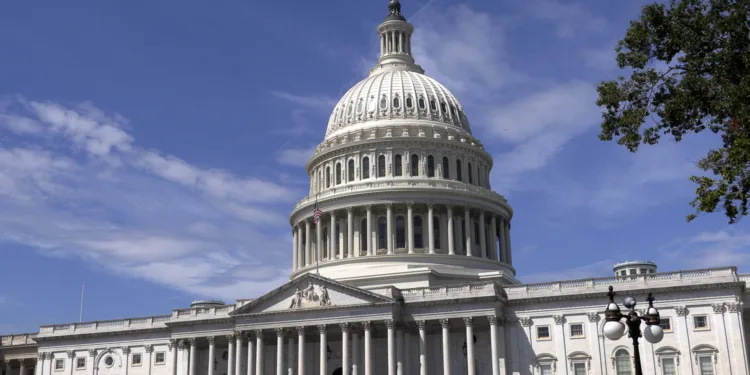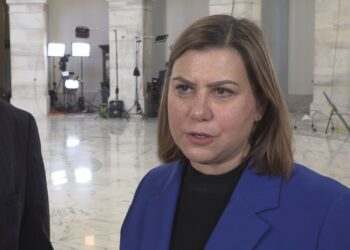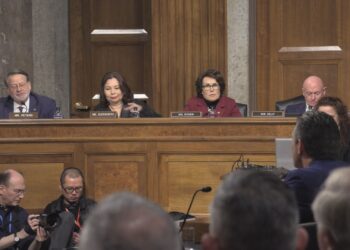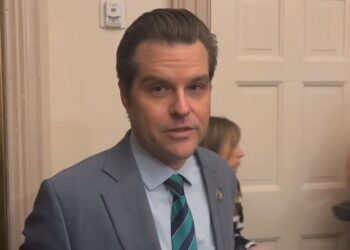WASHINGTON, D.C. – We are about ten days away before the June first deadline to reach an agreement on the debt ceiling. If no agreement is made, it could mean a global economic fallout.
Last week there was a more optimistic sense from both the Speaker of the House and the President, but going into the weekend, there were reports that talks have stalled. The Speaker and the President have their own demands on the debt ceiling. With the clock ticking, all eyes are on their upcoming meeting in hopes of an agreement.
The debt ceiling, also known as the debt limit, is the total amount of money that the US government is allowed to borrow to meet it’s existing legal obligations, like social security, Medicare benefits, military salaries, interest on national debt, tax refunds and other payments. The debt limit does not authorize new spending commitments, it just allows the government to pay for the existing obligations that congress and the president have made in the past. The US Treasury Department said failing to increase the debt limit will have catastrophic economic consequences and leading to a default, which has never happened in US history.
Before the president took off for a G7 meeting in Japan last week, he said he felt confident the US would not default. The Speaker said that their goal is to reduce the amount of spending.
“I haven’t seen the president today, we’ll sit down we’ll talk about that, but the underlying issue here is the democrats since they took the majority has been addicted to spending and that’s going to stop,” said Speaker McCarthy. “We’re going to spend less than we spent last year.”
The President cut his overseas diplomatic trip short so that he can return to Washington to finalize an agreement.










